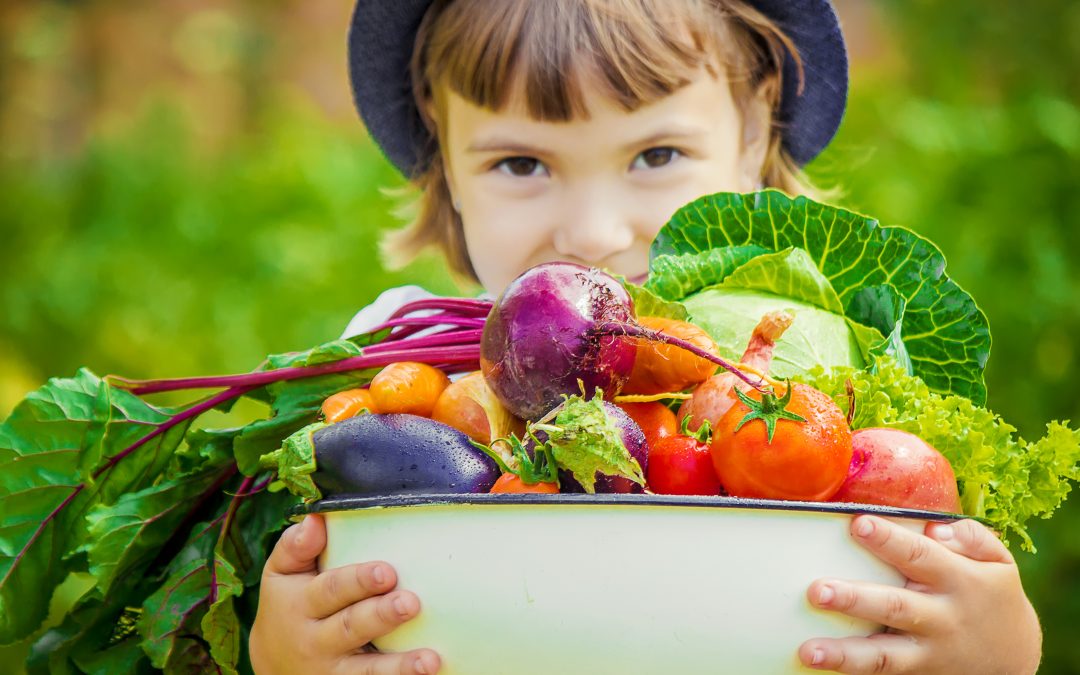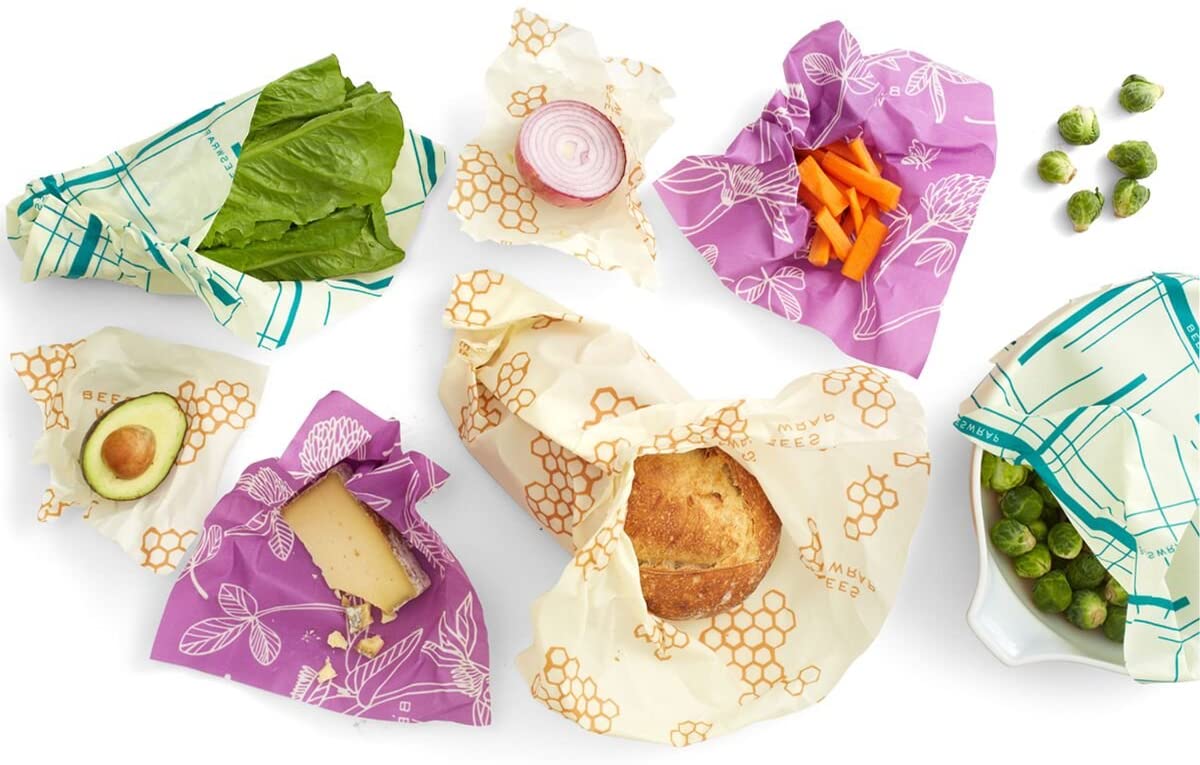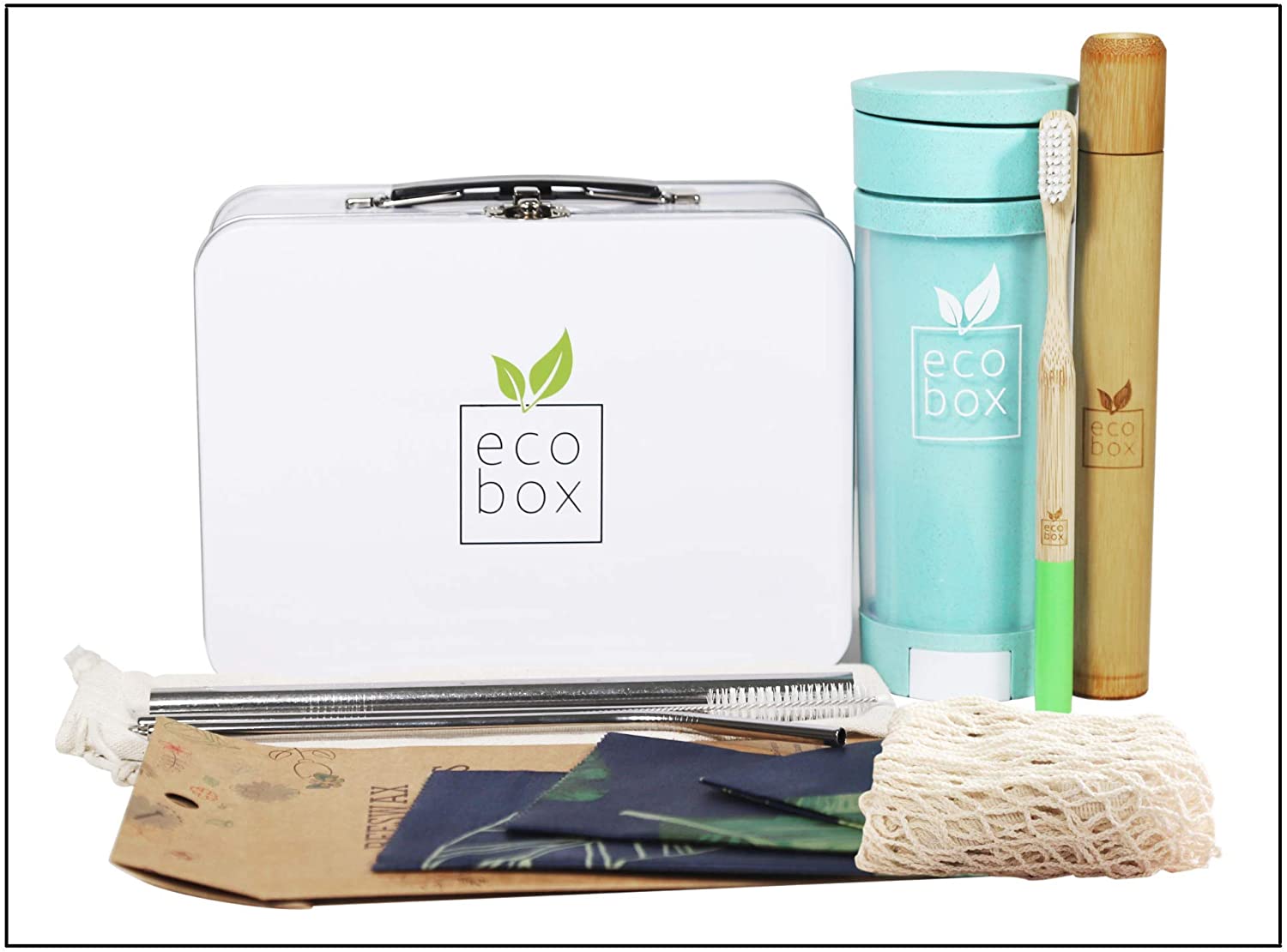Living a sustainable lifestyle means incorporating eco-friendliness into your day-to-day needs and activities. In this article, you’re going to learn how to start sustainable living in the easiest ways.
Being sustainable at home is not necessarily a difficult challenge to face. You might be living a sustainable life without even realizing it. When you choose to use less disposable materials like reusable tote bags or switch from plastic bags to paper bags, you are already contributing to nature.
But if you’re reading this article, that means you are probably looking for more ways you can contribute to preserving mother Earth by living an even more sustainable life.
Here’s a pro tip: starting a sustainable life requires you to immerse yourself in the three principles of environmental awareness deeply – reuse, reduce, and recycle. When you apply these three principles, you will change your lifestyle gradually, without even realizing that you have completely turned around from wasteful and carbon footprint-heavy life.
Now that you have read the basics on how to start sustainable living, let us talk about how you can put the principles into your daily life.
You might also be interested in;
– Gift Ideas for Sustainable Living
– Pros and Cons of Solar Energy
– 7 ways of Conserving Energy at Home
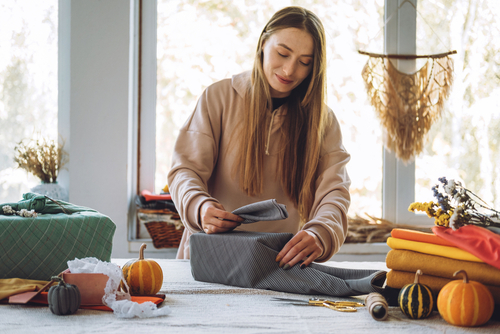
Reduce Waste from Your Household
Among the three environmental awareness principles, reducing the waste from your household is the easiest way to start a sustainable life. Buying fewer products, in general, could go a long way, as long as you do it consistently.
Switching from disposable to reusable daily items like tote bags, menstrual cups, fabric masks, and glass jars is an easy switch to do because it won’t significantly impact your life. With that being said, you might need some time to get yourself used to bring tote bags whenever you go grocery shopping.
Start Drying Your Laundry on a Line
You probably would have guessed this, but your dryers are likely to consume more energy than other household appliances that you have. When it is possible, try drying your clothes outside on a line.
This option is much better in summers since it eliminates heat production from your dryer, which could lower your home’s temperature and your clothes dry much faster.
It takes a bit longer to dry your clothes thoroughly, but you get to save in electricity bills AND reduce your household’s carbon footprint for a more eco-friendly life.
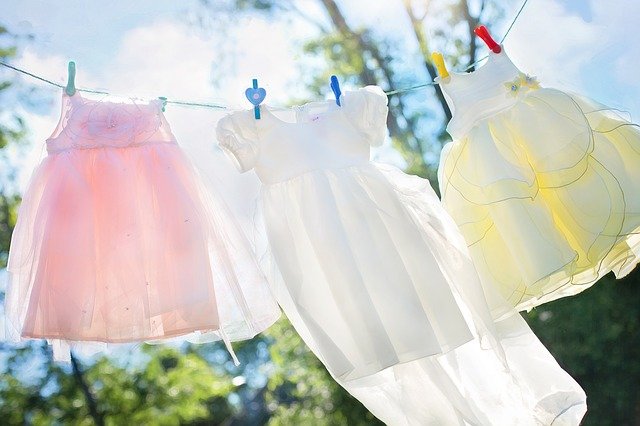
Start Growing Your Food
By growing your food, it does not mean that you will have to live off the grid, which would significantly impact your life as a whole. But when you have a backyard to grow your fruits and vegetables, it could be a rewarding project to being sustainable at home.
You can start by growing curly kales, tomatoes, lettuce, broccoli, and potatoes since they require low maintenance and are generally easier to grow.
Cook More at Home
Restaurants often serve food in portions that are either too small or too big. When you don’t finish your food at a restaurant, most of the leftover food gets piled up and sent to landfills.
In the United States, there were about 103 billion tons of food waste in 2018 alone – 450,000 times the Statue of Liberty’s weight. Cooking your food is a small but welcome contribution to reducing food waste since you can measure how much food you can finish.
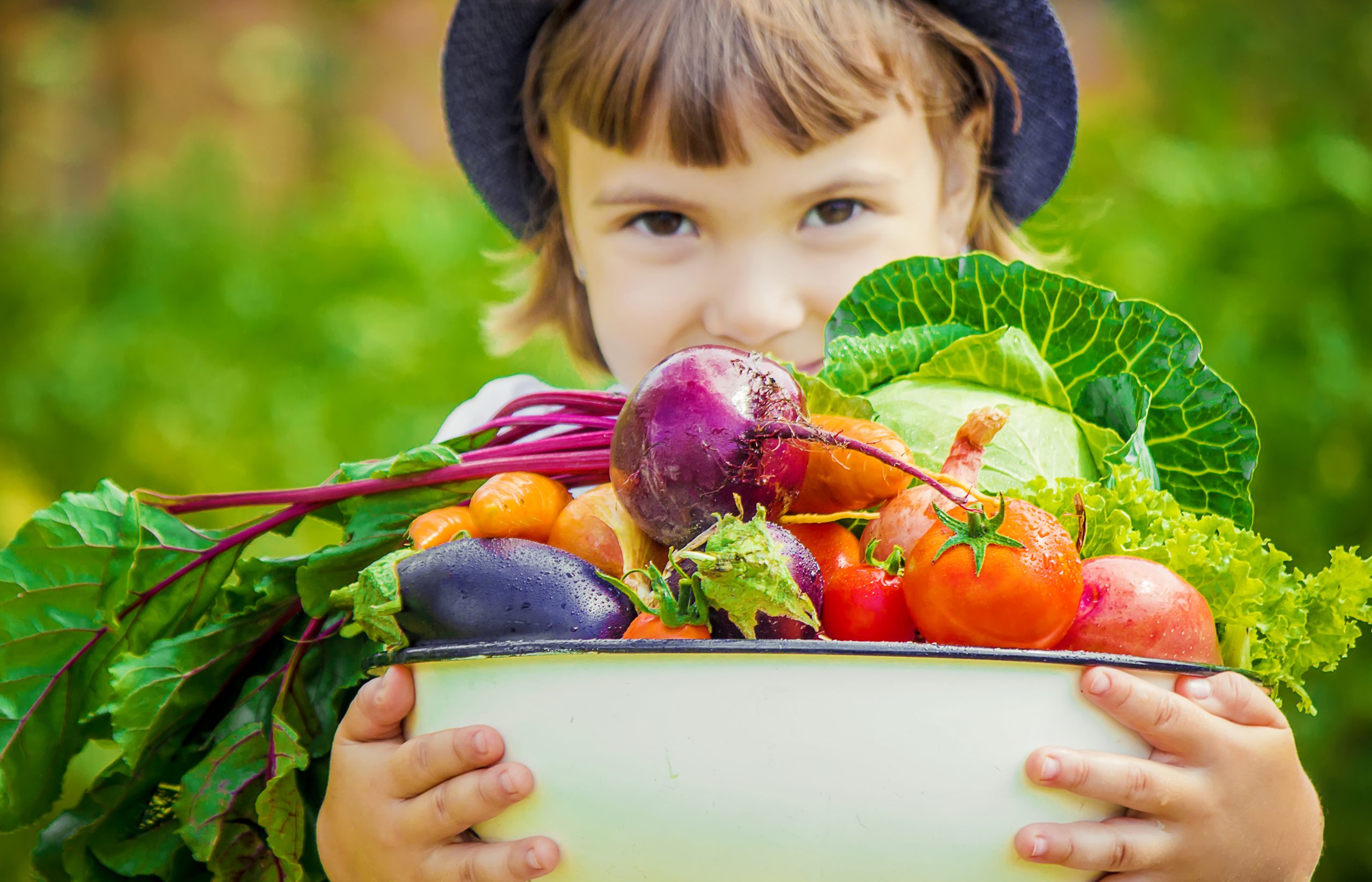
Buy Seasonal Food
Even with a backyard garden, there is a good chance that you still lack your favorite ingredients. But if you have not noticed, some fruits and vegetables can only grow in a particular season. Take, for example, apples, which only grow in the fall, and spinach that can only grow in the spring.
The reason you can find them all-year-round in supermarkets is that they get imported from a remote location. By buying food in season in your country, you can create a dent in the global shipping chain that requires tons of fuel to transport these foods.
Buy Food in Bulk
Small packages of food might be convenient, but they also use (and therefore waste) more packaging. The more you buy small packages, the more you contribute to the overall wastage that ends up in landfills.
Buying your essential ingredients and food in bulk means you are reducing the amount of excessive packaging that ends up littering our environment or in landfills. What’s even more interesting is that you get to save some money due to buying in bulk.
Use Reusable Shopping Bags
Plastic products, including plastic bags, take approximately 500 years to decompose naturally in a landfill. When they don’t end up in landfills, they pollute the ocean and can cause harm to our environment in general. Aside from the post-usage damage, plastic bag production also leaves a lot of carbon footprint that is also harmful to the atmosphere.
Switching from plastic bags to reusable shopping bags is the most common answer when asked how to start sustainable living. There is a clear benefit of using reusable fabric shopping bags – they are more durable, which means you can carry more groceries. Plus, you contribute to reducing the plastic waste that pollutes our rivers, oceans, and environments in general.
Reduce Air Conditioner and Heater Usage
Anything that converts electricity into temperature typically uses a considerable amount of energy. Your heaters and air conditioners might contribute up to half of your entire household’s energy bill. The following household items to use the most power are microwave, iron, hairdryers, and electric stoves.
Conserve energy at home by limiting the usage of heaters and air conditioners by reducing the usage of utilities that produce heat in summers and optimize the heating into several rooms in your house in winters.
Recycle Your Waste
Recycling your waste could reduce the need for extracting raw materials from nature. If you don’t have the time or means to recycle your household waste, you can still contribute by throwing your trash in their respective trash bins (recyclables, food waste, and glass).
Do Home Composting
If you are also doing backyard garden projects, you can treat your food waste into compost that can enrich your plants with organic nutrients. When you make your compost, it automatically reduces your need for chemical fertilizers.
There is a long list of food and household waste that you can compost, but the most common ones are fruits, vegetables, eggshells, coffee grounds, coffee filters, nutshells, tea bags, hair and fur, and leaves.
Conclusion
Starting sustainable living is not so difficult, right? The only obstacle to creating an eco-friendly life is mustering the courage to commit to it. Without commitment and consistency, there is zero to little benefit that you can get and provide to our environment. We hope this article gives you a clearer image of how to start sustainable living.


